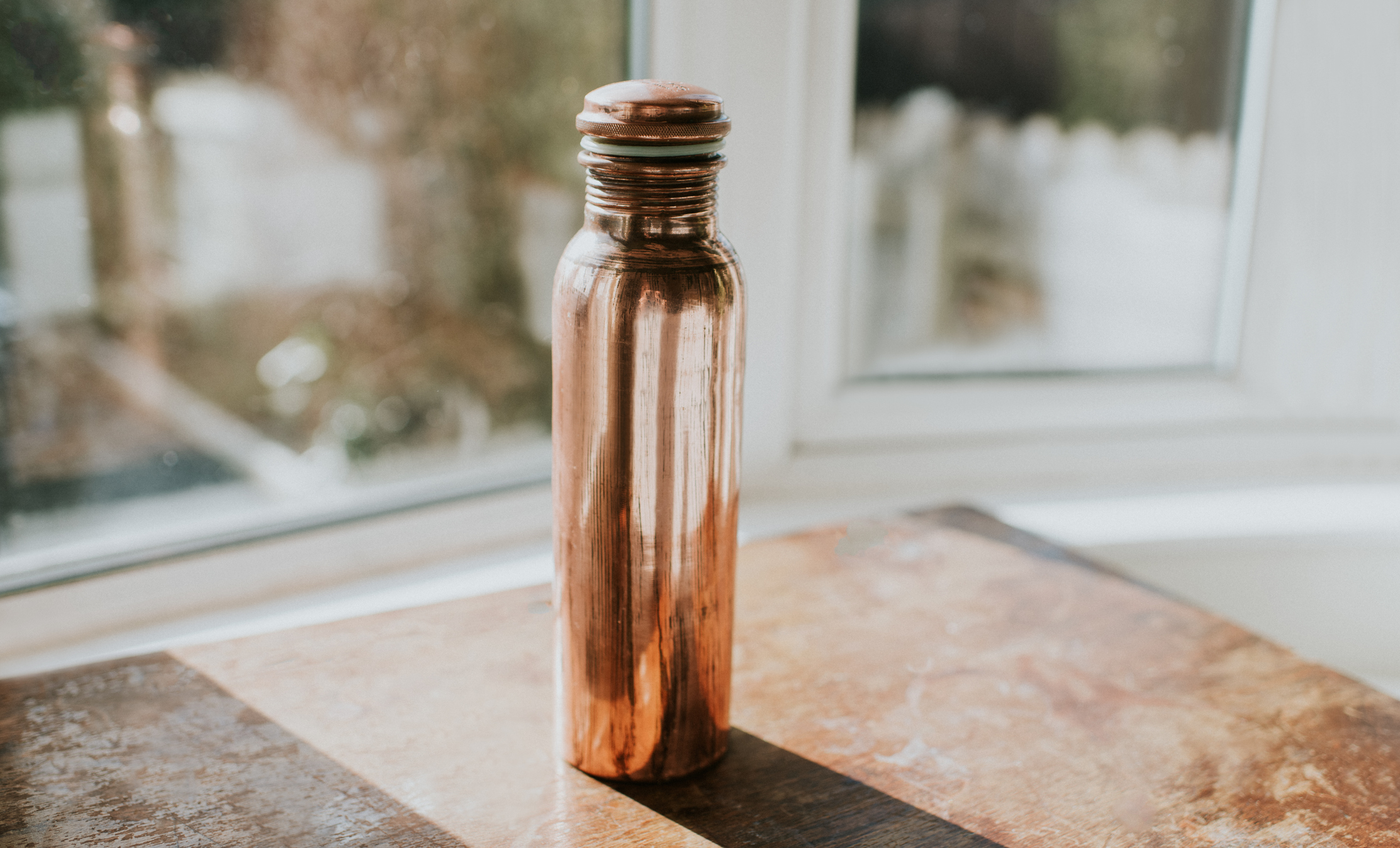What is the Snake Juice diet and is it safe?


The Snake Juice Diet: how clued up are you?
The Snake Juice Diet is a juice cleanse that has taken the internet by storm. An extreme weight loss regime, has produced some pretty dramatic weight loss results. However, the diet has also caused controversy for the same reasons.
While it may be one of the diets that work fast, it's a very controversial style of eating. Known also as 'snake dieting', takes the weight loss method of fasting - made popular by the 5:2 and 16:8 diet plans - to the extreme. Inspired by the eating schedules of snakes (hence the name), those following the Snake Juice Diet are encouraged to fast for long periods of time between meals to lose weight. This is because snakes are known to eat large meals in one go and then they won't eat again for a substantial amount of time while they digest and process their food.
Advocates of the Snake Juice Diet have claimed to have lost substantial amounts of weight following the strict regime. Plus, some say they have improved energy levels and clearer skin. However, nutritionists and doctors are concerned about the impact of the diet on people's health.
What is the Snake Juice Diet?
The Snake Juice Diet was created by Cole Robinson. A trainer with a huge social media following, Cole may be creator of the Snake Diet, but he is not thought to have any qualifications in medicine, biology, or nutrition.
When you first start 'snake dieting', the diet requires you to complete an initial fast of 48 hours - or as long as possible. While in this initial fasting period, you supplement meals with Cole's 'Snake Juice', which is an electrolyte beverage.
Snake Juice is sold in sachets or can also be made at home and is made up of the following ingredients:
Parenting advice, hot topics, best buys and family finance tips delivered straight to your inbox.
- 2 litres of water
- 2 g of Himalayan pink salt
- 5 g of salt-free potassium chloride
- 2 g of food-grade Epsom salts
After this initial 48 hour fast period, you then have a window of just 1-2 hours to eat before you start fasting again.
In phase 2 of the diet you cycle through long fasts for 48-96 hours broken up by single meals. The general idea is that you fast until you can no longer tolerate it and have to eat. This cycle continues until you reach your desired weight.
"This is a very extreme type of fasting," says Rob Hobson, a registered Nutritionist at Healthspan. "It is founded on the belief that, historically, during periods of famine the body is able to sustain itself on just one meal a few times a week."
Can the Snake Juice Diet help you lose weight?
Cole's social media posts promote the effectiveness of the Snake Juice Diet in helping people lose weight. However, doctors and nutritionists have serious concerns about the methods used.
"As with many quick fix diets, the Snake Diet promotes rapid weight loss, but given its model of starvation it also comes with many adverse effects including the risk of nutrient deficiencies," warns Rob.
"Like many of these diets, there is a goal of ‘detoxifying your liver’ thrown in for good measure. However, it is well understood that this idea is just a gimmick and the idea of purging yourself is likely to cause more harm than good," Rob adds.
Nutritionist David Wiener agrees that although the Snake Juice Diet will help you lose weight, it's not a safe method of weight loss: "The Snake Juice Diet will certainly lead to weight-loss, but the majority of the weight lost will be muscle mass, this is because the diet will provide no protein and therefore lack the essential amino acids. The obvious effects of muscle loss is that it will decrease your metabolic rate and make maintenance of a healthy weight in the long-term all the more difficult."
"Before embarking on any drastic diet or lifestyle changes it is advised that you contact your doctor and thoroughly research the pros and cons, thinking about more than just weight loss," says David.
Is the Snake Juice Diet safe?
Registered nutritionist Rob does not think the Snake Diet is safe and told us categorically: "there is absolutely nothing good about this diet."
"My advice is to avoid this diet at all costs not matter how desperate you are to lose weight," he says. "There are many more evidence-based ways to lose weight which help you to develop new healthy eating habits to achieve a sustainable way of maintaining body weight. Even the worst of these still involve eating food which is a huge notch higher than staving yourself on the Snake Diet."
"Despite the fact that this diet is totally unsustainable for most people, it comes with an endless raft of potential health risks. These include nutrient deficiencies, loss of muscle mass, fatigue and poor mental health," he warns.
Then there's the issue of exercising whilst on the diet. With so little food or energy in you, because you're not eating before or after a workout, you might feel faint. Even if you just want to try walking for weight loss, without enough energy stores, this is going to feel exhausting.

"The Snake Juice Diet is very restrictive," adds David. "Even when you live a rather sedentary lifestyle, your body still relies on a number of nutrients to survive. If you’re starving your body of these nutrients for an extended period of time, you will develop some serious and long-lasting effects such as vitamin deficiencies."
"Like many restrictive diets, this is only a diet that can be done for short periods of time before your body shuts down," says David. "Therefore, opting for a diet that promotes a healthy lifestyle and diet changes will be more effective in the long run."
Does the Snake Juice Diet work?
Plenty of people on social media have shared transformations of themselves. Based on these images, the Snake Juice Diet appears to be working.
However, Rob warns that these before and after pictures are only so dramatic because "you are basically starving yourself!"
Why can fasting be bad for you?
"Many people believe that fasting for long periods of time or more than 48 hours can have some benefits, but realistically it is not a good idea," says David.
"If you are not consuming enough food, you will be short on energy supplies and inevitably it will be impossible to meet all your micronutrient requirements. This is likely to have a negative impact on your immune function and metabolism, as well other normal bodily functions."
Rob adds that the Snake Juice Diet is a very extreme take on fasting based on no scientific evidence and "developed by someone with no nutrition or medical credentials."
Fasting in this extreme manner can encourage an unhealthy relationship with food. "This diet enforces every possible way to develop an unhealthy relationship with food and is the perfect way for those with disordered eating issues to both justify and mask them," Rob warns.
He also adds that fasting like this can lead to electrolyte imbalances in our bodies. In extreme cases, imbalances of this kind can cause an irregular heartbeat or even heart failure. "There is no guaranteeing that what the [Snake juice] sachet provided is going to be enough [electrolytes] especially if you lose them more than others."
If this Snake Diet regime is too extreme for you, you might want to consider a juice cleanse with fresh produce instead, such as the Jason Vale juice diet.
Rose Goodman joined Future Publishing in 2020 and writes across Goodto.com, Woman & Home, Woman, Chat and Woman’s Own magazines. Prior to pursuing her career as a writer, Rose obtained a degree in psychology and went on to work in adult mental health for five years at Addenbrooke’s Hospital, Cambridge, specialising in eating disorders. She is fully trained in first aid, medical emergency response and motivational interviewing – a directive, patient-style counselling approach to address ambivalence in recovery. She graduated with a MA in creative writing from the University of Brighton in 2017. In her spare time she enjoys writing poetry and attending literary events, and offers weekly support to those living with homelessness. Rose has a passion for raising awareness around mental illness and the importance of prioritising our wellbeing.
